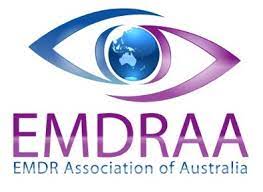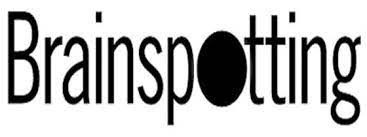Traditional Counselling is a term I use to define “talking therapies”, you know, where you talk to a psychologist about your problems, they take notes, you may complete some psychological assessments, then your 50 minutes – also known as the “therapeutic hour” ends and you walk out the door, feeling pretty much the same as you entered.
Sounds a bit cynical?
Traditional counselling does have some benefits, if used wisely and with intention.
As a counsellor, having been trained at a post-graduate level, the intentions I set when using traditional counselling skills are:
MEMBERSHIPS
ACA (#8312), AACHP (#2003094), EMDRAA (#1001198), PACFA Reg.Clinical 30404





Arcadia, Ardmona, Ballendella, Bonn, Bunbartha, Burnewang, Byrneside, Carag Carag, Colbinabbin, Cooma, Coomboona, Corop, Deakin, Dhurringile, Echuca, Elmore, Fairy Dell, Gillieston, Girgarre, Girgarre East, Harston, Kanyapella, Kialla, Kotupna, Koyuga, Kyabram, Kyabram South, Kyvalley, Lancaster, Merrigum, Moama, Moora, Mooroopna, Mooroopna North, Murchison, Murchison North, Nanneella, Rochester, Rushworth, Shepparton, Shepparton North, Stanhope, Stanhope South, St. Germains, Strathallan, Tallygaroopna, Tatura, Tatura East, Timmering, Tongala, Toolamba, Toolamba West, Undera, Waranga, Waranga Shores, Wyuna, Wyuna East, Yambuna, Zeerust.